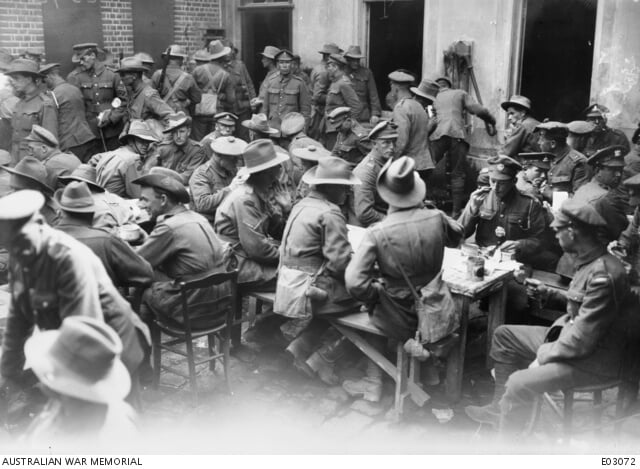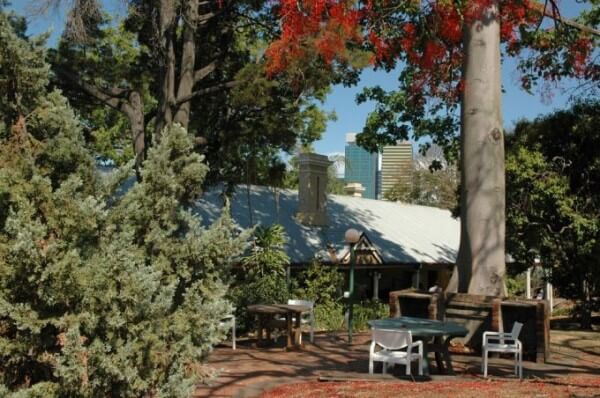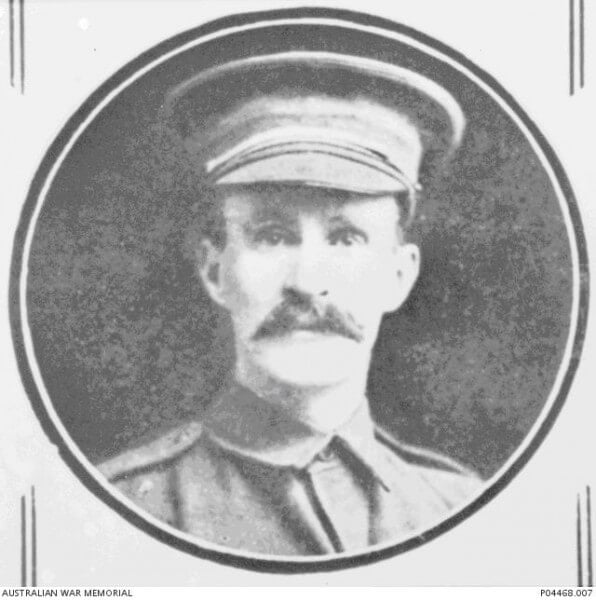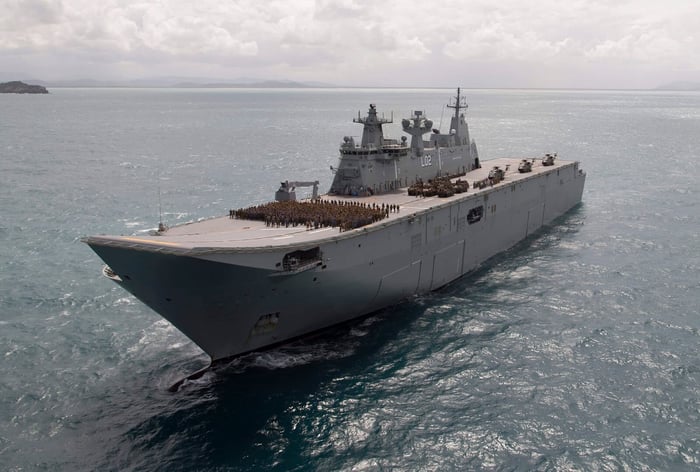
ADF Scientists Find Caffeine Reduces Driver Error
Image: Australian and British soldiers enjoying coffee and biscuits in the Australian YMCA at Corbie, France, August 1918.
Coffee consumption was extremely common in the Great War 1914-1918. It has remained a favourite with the Diggers ever since. Defence scientists have discovered what the Diggers already knew, namely that the caffeine in a mug of coffee only marginally reduces drowsiness; despite this caffeine does significantly reduce things like driving errors.
Both suspicions have finally been recognised as fact, at least according to a fatigue study presented at the Australian Psychological Society Conference.
Chief Defence Scientist Dr Alex Zelinsky said the study formed part of extensive research into ways of reducing fatigue in both individuals and teams, particularly in Army vehicles. The study examined the effects of caffeine consumption on drowsiness and driving performance on people who were sleep-deprived.
The Defence study was undertaken in partnership with UniSA Sleep Research Centre, Walter Reed Army Institute of Research (US) and Monash University Accident Research Centre.
Defence Science and Technology Group Senior Cognitive Scientist, Psychologist Dr Eugene Aidman, said the research aimed to examine the efficacy of caffeine as a countermeasure against cognitive fatigue – a type of fatigue that’s critical to real-time operator tasks.
Fellow Defence researcher Kayla Johnson said “In real life you often don’t have the luxury of stopping when you’re tired, so you need some compensatory strategies to combat cognitive fatigue, and when you’re driving this is particularly important because of road safety”.
Participants in the study were kept awake for 50 hours and during this period were required to drive on 15 occasions in a simulated vehicle for 40 minutes each time. Half of the group were given caffeine and the other half a placebo of the same gum with no caffeine.
The simulated driving study measured levels of drowsiness with a spectacle frame-mounted infra-red sensor registering blink velocity. Lane keeping and speed variability measures were also used to assess driving performance.
The researchers found a relationship between growing drowsiness and driving errors in the placebo group. In the caffeine group there was a much lower incidence of driving errors despite the growing drowsiness over the period of sleep deprivation.
Dr Zelinsky said this was a collaborative international study with input from researchers in The Technical Cooperation Program involving UK, USA, Canada, NZ and Australia.
“While the findings are relevant to Defence, they have significant implications for civilian application such as emergency services and long-haul transport,” Dr Zelinsky said.










